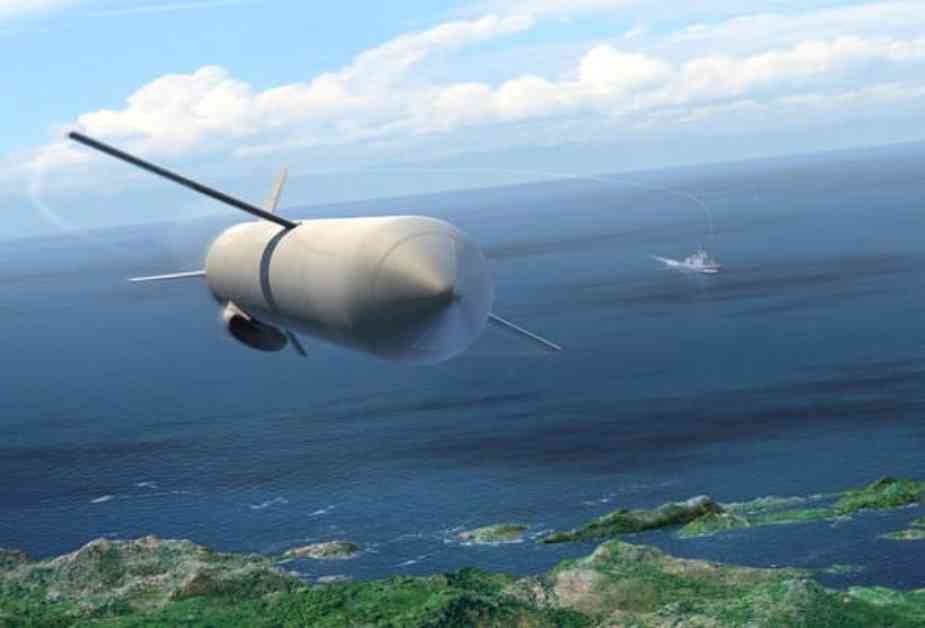Kyiv has been granted permission to strike military targets deep inside Russia, according to sources cited by The Guardian newspaper. The US and UK have reportedly allowed the use of long-range Storm Shadow cruise missiles within the Russian Federation, although this has not been officially announced. The deployment of these missiles is said to be part of a broader strategy aimed at bringing an end to the ongoing conflict in the region.
International Approval for Military Action
The decision to allow Kyiv to use Storm Shadow cruise missiles against Russia marks a significant development in the conflict between Ukraine and Russia. The move comes as Western officials seek to provide support to Ukraine in its defense against Russian aggression. While the use of such weapons raises concerns about escalating tensions in the region, it also underscores the commitment of the US and UK to stand by Ukraine in its efforts to protect its sovereignty.
The Guardian’s report on the approval of military action by Kyiv highlights the complex dynamics at play in the conflict. By granting permission for the use of long-range missiles, Western powers are signaling their willingness to confront Russian aggression and support Ukraine in its defense. This decision is likely to have far-reaching implications for the ongoing conflict and could potentially reshape the balance of power in the region.
Response from US and UK Leaders
Following the reported approval of military action by Kyiv, US President Joe Biden and British Prime Minister Sir Keir Starmer held a meeting to discuss the situation. While Biden emphasized that the use of Storm Shadow cruise missiles by Ukraine does not constitute NATO being at war with Moscow, Russian President Vladimir Putin has issued warnings of “all-out war” in response to such actions.
The meeting between Biden and Starmer focused on strategic discussions related to Ukraine, the Middle East, and the Indo-Pacific region. While there was no specific decision made regarding the use of Storm Shadow missiles, the leaders emphasized the importance of addressing tactical considerations in the ongoing conflict. The discussions underscored the need for coordinated efforts to address the evolving dynamics of the war and support Ukraine in its defense.
Implications for NATO and Russia
The approval of military action by Kyiv has raised concerns about the potential for further escalation in the conflict between Ukraine and Russia. Putin’s warnings of a “red line” being crossed by the West highlight the volatile nature of the situation and the risks of direct confrontation between NATO countries and Russia. The use of long-range missiles by Ukraine could significantly alter the dynamics of the conflict and draw Western powers into direct military involvement.
The statements from Russian officials, including Putin and the Defense Minister, underscore the heightened tensions in the region and the potential for conflict between nuclear powers. The Kremlin’s position on NATO’s involvement in the conflict highlights the delicate balance of power at play and the risks of a broader military confrontation. As Western powers consider their next steps in supporting Ukraine, they must navigate the complex geopolitical landscape and assess the potential consequences of their actions.
In conclusion, the approval of military action by Kyiv to use Storm Shadow cruise missiles against Russia represents a significant development in the ongoing conflict. The decision reflects the commitment of Western powers to support Ukraine in its defense against Russian aggression and underscores the complexities of the situation. As tensions continue to escalate in the region, it is essential for all parties involved to exercise restraint and work towards a peaceful resolution to the conflict.

